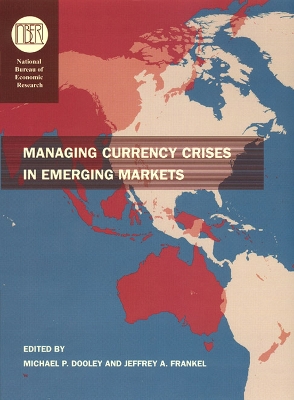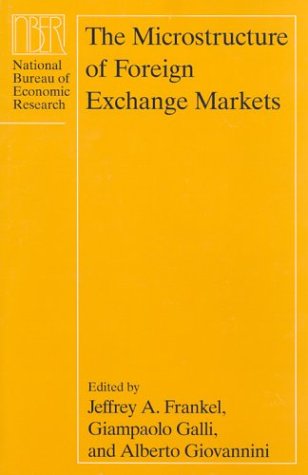National Bureau of Economic Research Conference Report
2 total works
Managing Currency Crisis in Emerging Markets
by M.P. Dooley and Jeffrey A. Frankel
Published 1 February 2003
How to manage financial crises in emerging markets is a high-stakes and contentious challenge for public policy today. In this book, leading economists -many of whom have also participated in policy debates on these issues - consider how best to reduce the frequency and costs of such crises. The first three chapters focus on the immediate defence of a currency under attack, exploring whether unnecessary damage to economies can be avoided by adopting the right response in the first few days of a financial crisis. Next, contributors examine the adjustment programs that follow crises, considering how to design these programs so that they shorten the recovery phase, encourage economic growth, and minimize the probability of future difficulties. Finally, the last four papers analyze the actual effects of adjustment programs, asking whether they accomplish what they are designed to do and whether they impose disproportionate costs on the poorest members of society. Economists and policymakers should welcome this volume, as they have its companion, Sebastian Edwards and Jeffrey A. Frankel's "Preventing Currency Crises in Emerging Markets".
The Microstructure of Foreign Exchange Markets
by Jeffrey A. Frankel and etc.
Published 15 June 1996
The foreign exchange market is the largest, fastest-growing financial market in the world. Yet conventional macroeconomic approaches do not explain why people trade foreign exchange. At the same time, they fail to explain the short-run determinants of the exchange rate. These essays use a microstructure approach to analyze the workings of the foreign exchange market, with special emphasis on institutional aspects and the actual behaviour of market participants. They examine the volume of transactions, heterogeneity of traders, the time of day and location of trading, the bid-ask spread, and the high level of exchange rate volatility that has puzzled many observers. They also consider the structure of the market, including such issues as nontransparency, asymmetric information, liquidity trading, the use of automated brokers, the relationship between spot and derivative markets, and the importance of systemic risk in the market.

